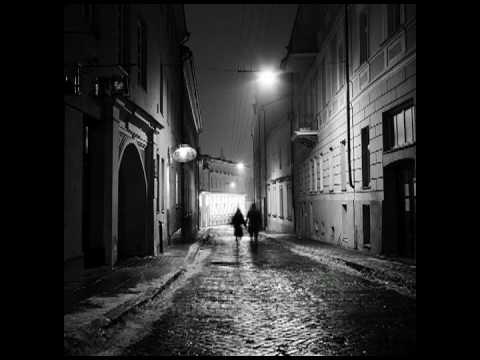Spiritual Sunday
I’m never sure whether Advent’s emphasis should be on the darkness or the promised light. Focus on one and you underestimate the other. With that said, I find an Advent message in one of Robert Frost’s bleakest poems.
From one vantage point, the poem seems bereft of all light and having nothing to do with the Christmas promise, or even with religion generally:
I have been one acquainted with the night.
I have walked out in rain—and back in rain.
I have outwalked the furthest city light.
I have looked down the saddest city lane.
I have passed by the watchman on his beat
And dropped my eyes, unwilling to explain.
I have stood still and stopped the sound of feet
When far away an interrupted cry
Came over houses from another street,
But not to call me back or say good-bye;
And further still at an unearthly height,
One luminary clock against the sky
Proclaimed the time was neither wrong nor right.
I have been one acquainted with the night.
Could the watchman be the one mentioned in Ezekiel who watches for the messiah? If that’s the case, the narrator is like one of T. S. Eliot’s Hollow Men, so lost that he is ashamed to look him in the eyes. (Eliot’s poem was written four years earlier, in 1925). The cry he hears is not the prophet crying out in the wilderness but an ambiguous cry, neither calling him home nor sending him out. The light he sees is also ambiguous, proclaiming the hour to be neither wrong or right. Time is out of joint.
The wandering narrator reminds me of another poem that is explicitly about Advent, even though it too occurs in darkness. In For the Time Being, W. H. Auden writes,
The Pilgrim Way has led to the Abyss.
Was it to meet such grinning evidence
We left our richly odoured ignorance?
Was the triumphant answer to be this?
The Pilgrim Way has led to the Abyss,
We who must die demand a miracle.
How could the Eternal do a temporal act,
The Infinite become a finite fact?
Nothing can save us that is possible:
We who must die demand a miracle.
Frost’s speaker seems so beaten down that he doesn’t even demand a miracle. Perhaps he couldn’t face up to one if it happened. He wallows in his depression.
If the promise of new birth can break through this fog, it is indeed miraculous.


